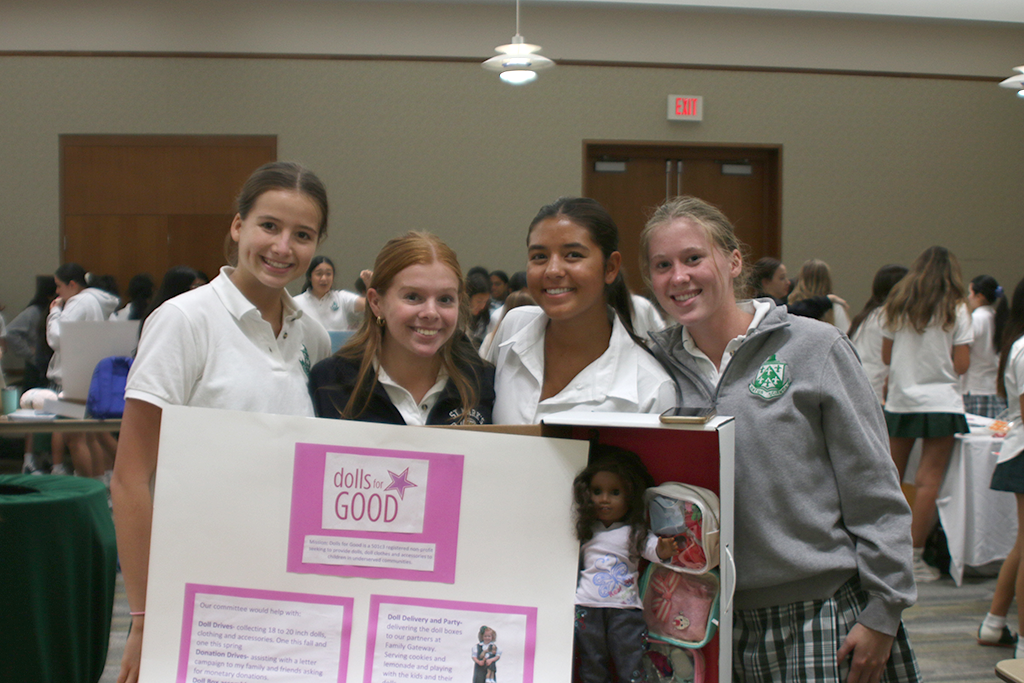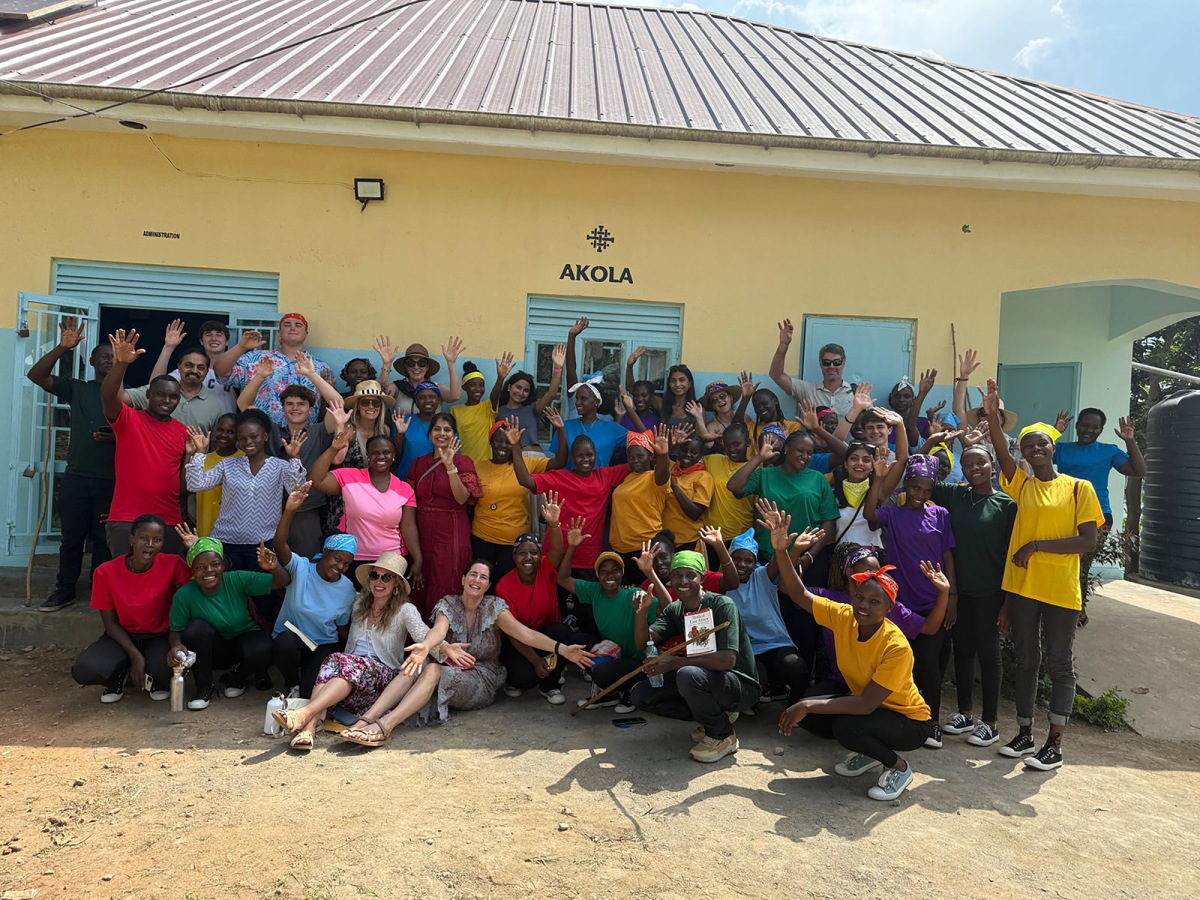Rising before 7 a.m., she’s on her way to school by 7:15 a.m., yet only arrives right before class starts at 9 a.m. Rushing to class, she rubs her eyes to wake up from her car nap and slides into her seat just in time.
Junior Cortney Buford lives in Princeton, 35 miles from Hockaday. On a usual school day, she spends around a total of two hours commuting to and from school.
“The biggest impact of my commute is that I have to wake up much earlier than a lot of my friends to ensure I get to class on time, so that definitely affects the amount of sleep I get,” Buford said.
“Typically, I wake up at 6:30 a.m. and get home from school at 6:00 p.m. I ideally try to get to bed by 11:00 p.m., leaving me a decent amount of homework time.”
Junior Sara Kocurek, who lives in Allen, agrees that getting to school on time is an issue for a lot of commuters.
“I can leave my house an hour before school starts and sometimes still arrive late” Kocurek said. “The unpredictability of traffic and accidents makes it difficult to consistently arrive on time.”
Senior Peyton Gentry, who lives in Aubrey, has adapted to her long commute by utilizing her time at school to complete her work.
“I make sure I use my free periods and WIN’s to try and finish my homework and studying,” Gentry said. “I usually arrive at school a lot earlier to counteract getting home later.”
Gentry’s approach also helps her with sports as a member of the rowing team.
“On school days, I try to get my homework done during the day so by the time I get home after practice, I can usually just go to bed,” Gentry said. “On the weekends, I have to make sure I leave time to get to the lake on time for practice, so if I go out the night before, I often stay the night with a friend.”
Gentry is a lifer at Hockaday and has been commuting throughout her time at Hockaday.
“I feel like it has never really impacted me other than just always getting up earlier for school,” Gentry said.
“Especially when I was little, I didn’t know anything different.”
Buford has found that her biggest struggle with her long commute is the school events that are held in the evenings.
“For most students, before these events they have enough time to go home, eat, change or do whatever they need to do, but for me, that’s only enough time to get home.” Buford said.
“So typically, when Hockaday has evening events, I either have to stay at school or miss out so I can get home before it’s late at night.
Long commutes also lead to spending less time with friends and spending a significant more amount of time at home.
“I often feel pretty isolated because a lot of my friends live close to each other so it’s easier for them to see each other rather than for them to come see me,” Buford said. “When I do want to hang out with my friends, it’s almost always me driving to them.”
However, Kocurek says there are benefits to the long commutes.
“One of the best things about my commute is having lots of time to listen to music. Ever since I started driving to school, I’ve gotten to listen to a bunch of new albums and explore different genres of music,” Kocurek said.
Carpooling has also become a popular option for students who live far away.
“The long trek to school has led to me carpooling with Lola Lambert, another student who lives near me, and we have become close friends,” Kocurek said. “It’s nice to have time to talk with whoever I’m driving with.”
With both upsides and downsides, long commutes are a staple for many Hockaday students.
Student’s lives and schedules are arranged around their commutes, leading them to balance schoolwork, sports and social time around drives.








